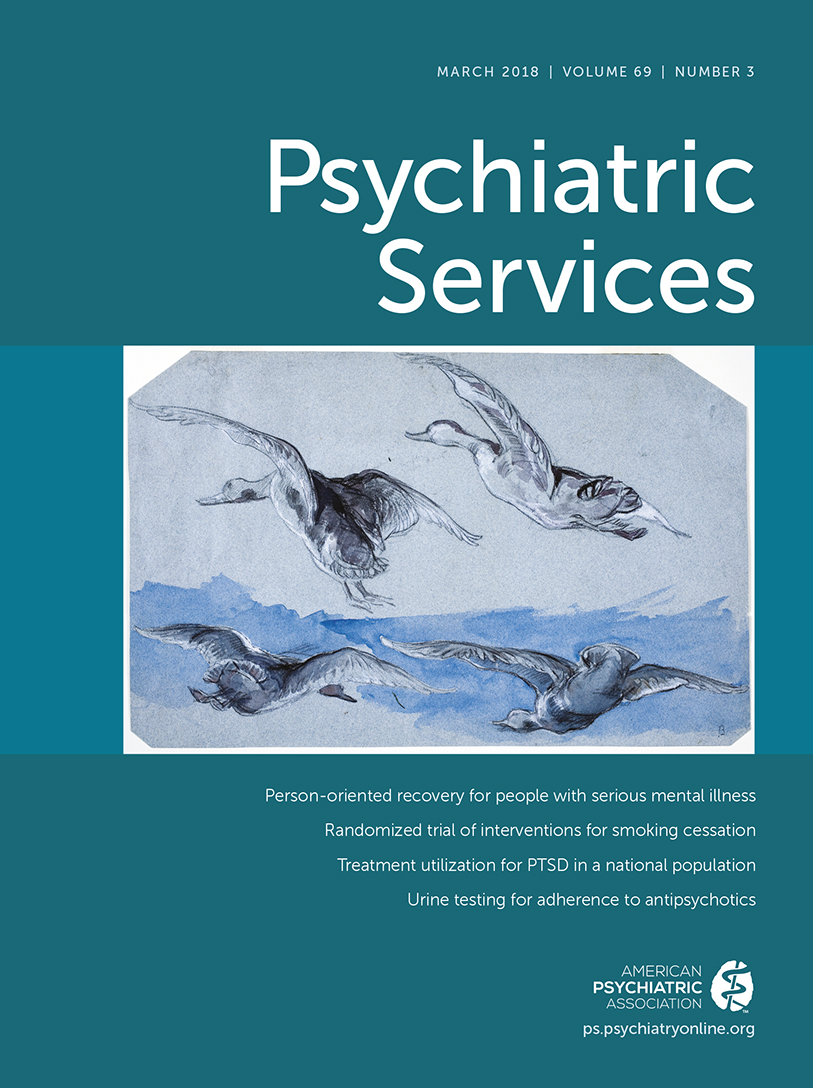All-Cause, 30-Day Readmissions Among Persons With Intellectual and Developmental Disabilities and Mental Illness
Abstract
Objective:
Early hospital readmissions within 30 days of discharge are common and costly. This research describes predictors of all-cause, 30-day hospital readmissions among persons with intellectual and developmental disabilities (IDD), a group known to experience high rates of hospitalization.
Methods:
A cohort of 66,484 adults with IDD from Ontario, Canada, was used to create two subgroups: individuals with IDD only and those with IDD and mental illness. The rates of hospital readmission were determined and contrasted with a comparison subgroup of people without IDD who have mental illness.
Results:
Compared with those with mental illness only, individuals with IDD and mental illness were 1.7 times more likely to experience a hospital readmission within 30 days. Predictors of their readmission rates included being a young adult and having high morbidity levels.
Conclusions:
The high rate of hospital readmission suggests that individuals with IDD and mental illness need attention regarding discharge planning and outpatient follow-up.



